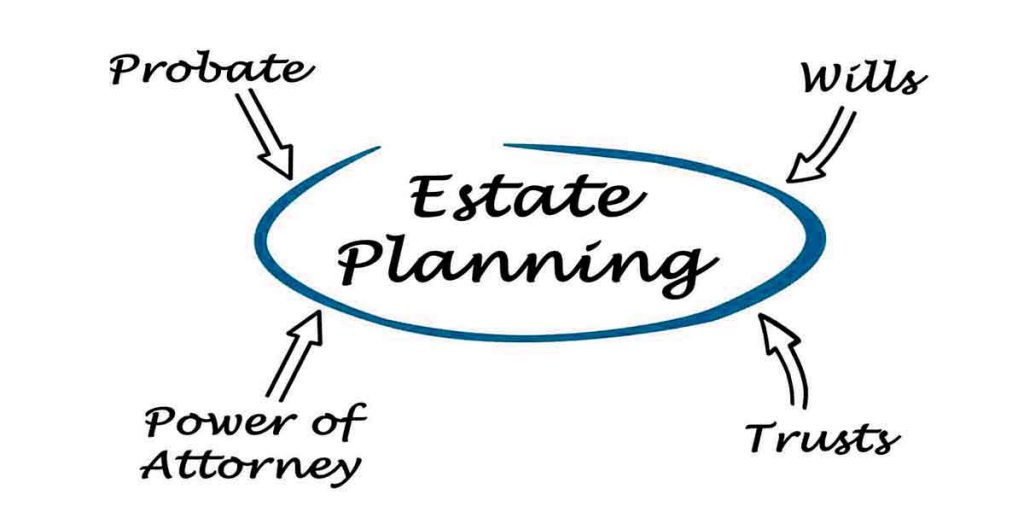In the process of estate planning, you may consider whether to avoid probate or just let the law take its due course. To help you understand your options, you may require professional advice from a probate expert. A probate lawyer can also help you minimize probate by using certain estate planning strategies. Probate is their expertise, so they are well-equipped to offer you expert assistance in matters relating to that.
Nevertheless, you would not always need a probate expert when estate planning. An estate planning lawyer can give you all the advice and help you need in establishing your estate plan. They can also help you minimize or avoid probate through creation of living trusts, pour over wills, annual gifting, etc.
In short, once you have an estate planning attorney guiding you on your estate plan, you don’t need a probate expert. Your estate planning attorney can give you all the help you need until the time for probate comes. Since that is their area of specialization, a probate attorney may be hired by the executor or estate administrator.
Why hire an expert at all when estate planning?
In every aspect of life, there are people well-learned with years of experience in the field. They have come across what you are currently facing countless times. Hence, they are in the right position to guide you. They may be seeing what you can’t already see now. For example an estate planning lawyer may already see the implications of a certain decision you made in your estate plan just by looking at it. They can picture how it will affect your family and estate in the long run because they have come across another client that experienced such.
But the truth remains that an estate planning expert is not needed in all cases. If you have a simple estate, say a car, bank, account, business, and a house, with a spouse and kids, it may not be difficult for you to allocate assets. You can create your will, power of attorney, and living will yourself.
Cases where it’s advisable to have an estate planning expert
You may need to consult with an estate planning attorney if your situation falls under any of the following:
- You have real property in multiple states
- You’re in a blended family (a new marriage with kids from your first marriage)
- You have a valuable estate, worth past the estate tax threshold
- You wish to avoid estate tax
- Probate seems too complex and you do not wish your loved ones to go through such a lengthy and expensive process
- You have a child with special needs
- You have minors.
Documents needed in your estate plan
The following documents are essential for basic estate planning
1. A will
Your will is a document on which you lay down expressly how you want your estate disbursed at your death. You can write a basic will yourself without expert help. Simply get the form from your local court and fill it out in compliance with state laws. You must sign it in the presence of at least two witnesses who must each also sign. In addition, you must be mentally sound at the time of writing the will.
You can name a guardian for your kids so that they will be in the care of a competent person should anything happen to you.
2. Living Trust
You may or may not need a living trust depending on your needs. Living trusts are used for both asset transfer and incapacity planning. When you pass away, your successor trustee will transfer the trust assets to your beneficiary, and this happens without any probate. When you get incapacitated, your trustee will step in to make financial and healthcare decisions on your behalf according to your instructions.
3. Power of attorney
When you appoint an agent in your power of attorney, they will take charge over your healthcare and/or financial affairs. Obviously, this is the same function of a trustee during incapacity. Your estate plan should be coordinated so that there is no conflict or disparity. All the documents should work alongside each other rather than individually. Hence, if you have a living trust, you may not need a power of attorney.
4. Living will
In this document, you specify your end-of-life healthcare preferences.
Need to speak with a probate lawyer in New York? We are here to help.
Contact us to get in touch with our NY probate and estate planning attorneys.









